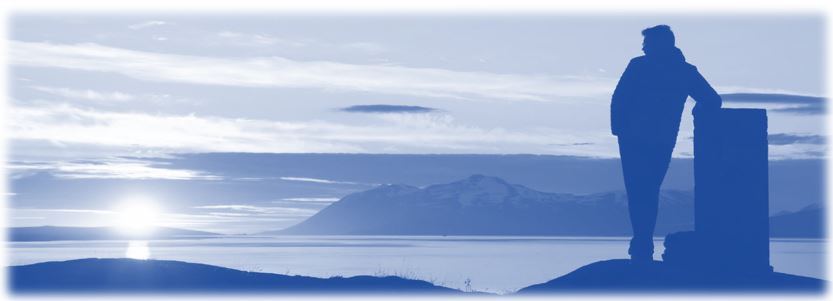NS29 Session 3
29th Nordic Symposium on Tourism and Hospitality Research
Shaping mobile futures: Challenges and possibilities in precarious times
21-23 September 2021

HOME Program Keynote speakers Important dates
PhD Seminar Committees Practical information Contacts
Title: Transformative tourism science for a sustainable world: Critical reflections on tourism science’s ontological and ethical foundations
Organisers: Matthias Fuchs
Affiliation: Mid-Sweden University
Description
Modern sciences promise to deliver the means to achieve the technological and medical progress needed to overcome the crisis provoked by COVID-19. However, especially in times of crises, sciences show their limits and paradoxes by pointing to the fact that not only their ontology-framed theories but also ‘objectified facts’ are rooted in the social sphere (Popper 1974). Already Kuhn (1962) reminded us that scientific revolutions are determined by the social, psychological and ethical nature of sciences. Thus, a crisis like COVID-19 shows the potential to challenge current paradigms, like the economic-growth and the technology paradigm. In response to COVID-19, instead of proposing new tools and methods to resume previously charted economic growth-trajectories, Gretzel et al. (2020) claim a transformative tourism science which, first and foremost, reflects on ontological presumptions ruling tourism science and makes ethical values, usually disguised by the pathos of ‘value-free’ sciences, explicit (Putnam & Walsh 2014). Behind this background, the session invites papers that disclose ontological and ethical discrepancies rooted in contemporary paradigms, like economic-growth and technological progress, thereby critically reflecting the ways they shape contemporary tourism science. From this analysis, propositions for alternative ontological standpoints and ethical positions to frame tourism science in a post-pandemic era should be elaborated and outlined as viable case(s) of transformative tourism science (Higgins-Desbiolles 2020).





 Norðurslóð 4 (7th floor)
Norðurslóð 4 (7th floor) 600 Akureyri, Iceland
600 Akureyri, Iceland